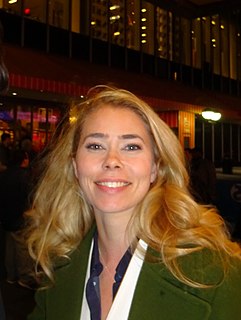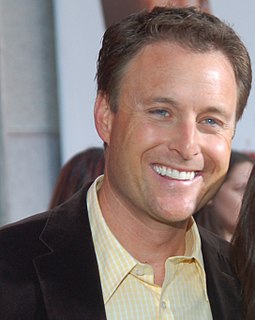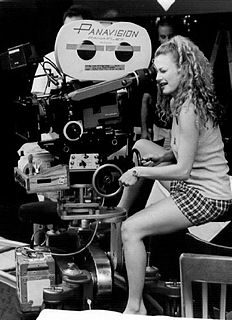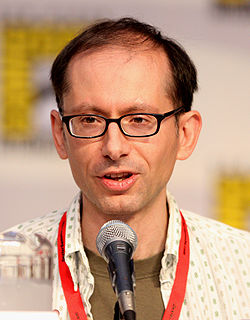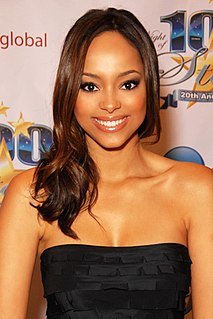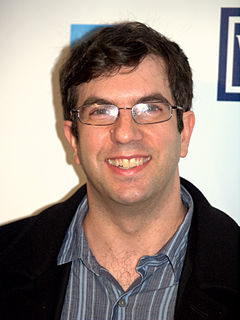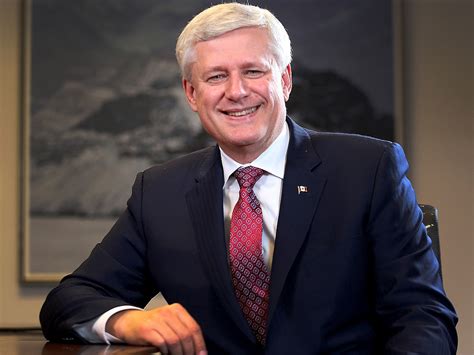A Quote by Birgitte Hjort Sorensen
In film or TV work, you can have this amazingly dramatic pause, and they'll just edit it out.
Related Quotes
In TV, you are much more likely to see the episode closer to the script as written - in terms of the order of the scenes - than you would in a movie, and here's why: you don't have as many days to edit. You have 10 to 12 weeks or more to edit a feature, and you have four days to edit TV. That's a huge difference.
They put me in an office with the TV set up and said "Here's the tape. When you're finished writing your copy for the little trailer you're going to do, you'll come out and show it to us and we set you up to go edit it." I turned it on and it was just this hardcore film and I was like, "Oh my God, I've fallen down the rabbit hole."
I've always loved theatre because it's so immediate. The challenge of it is that, career wise, it's easier to get traction in the industry if you do film and TV because the audience is larger, and because the work can be seen for a longer period of time. I did solid work in a series of regional and Off-Broadway shows, but the work I did on TV or film will have a longer life with a larger audience (and with services like Netflix). Ultimately, there's something intimate about TV, because the storytelling and the actors come home with the viewer. It can be powerful because of that.
